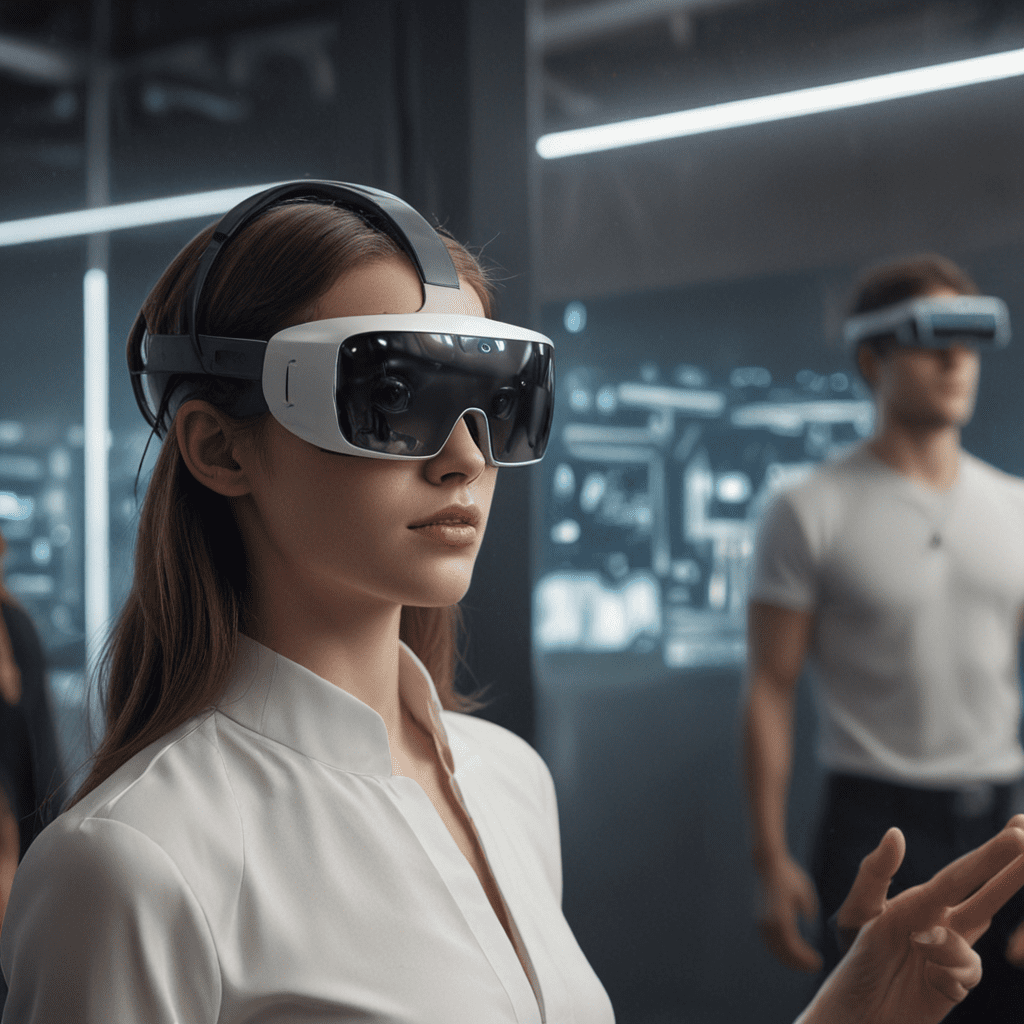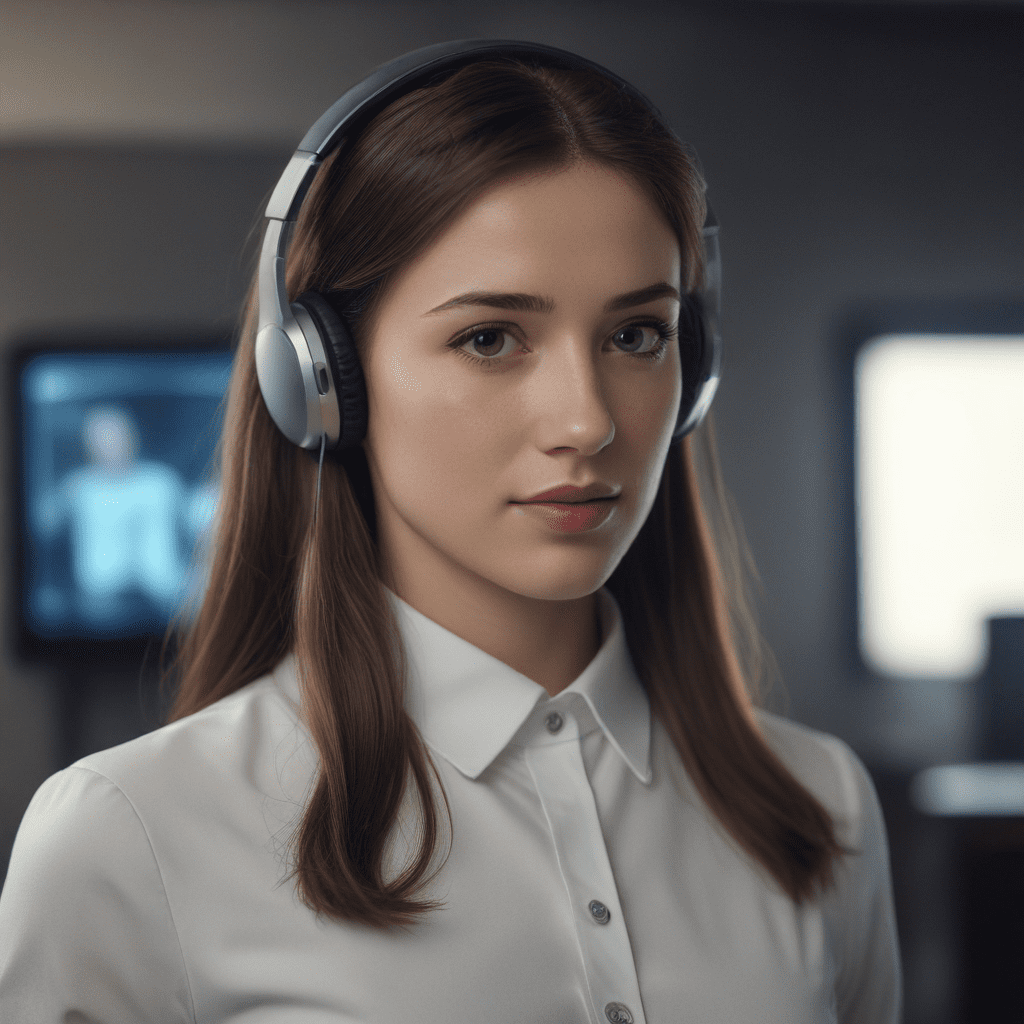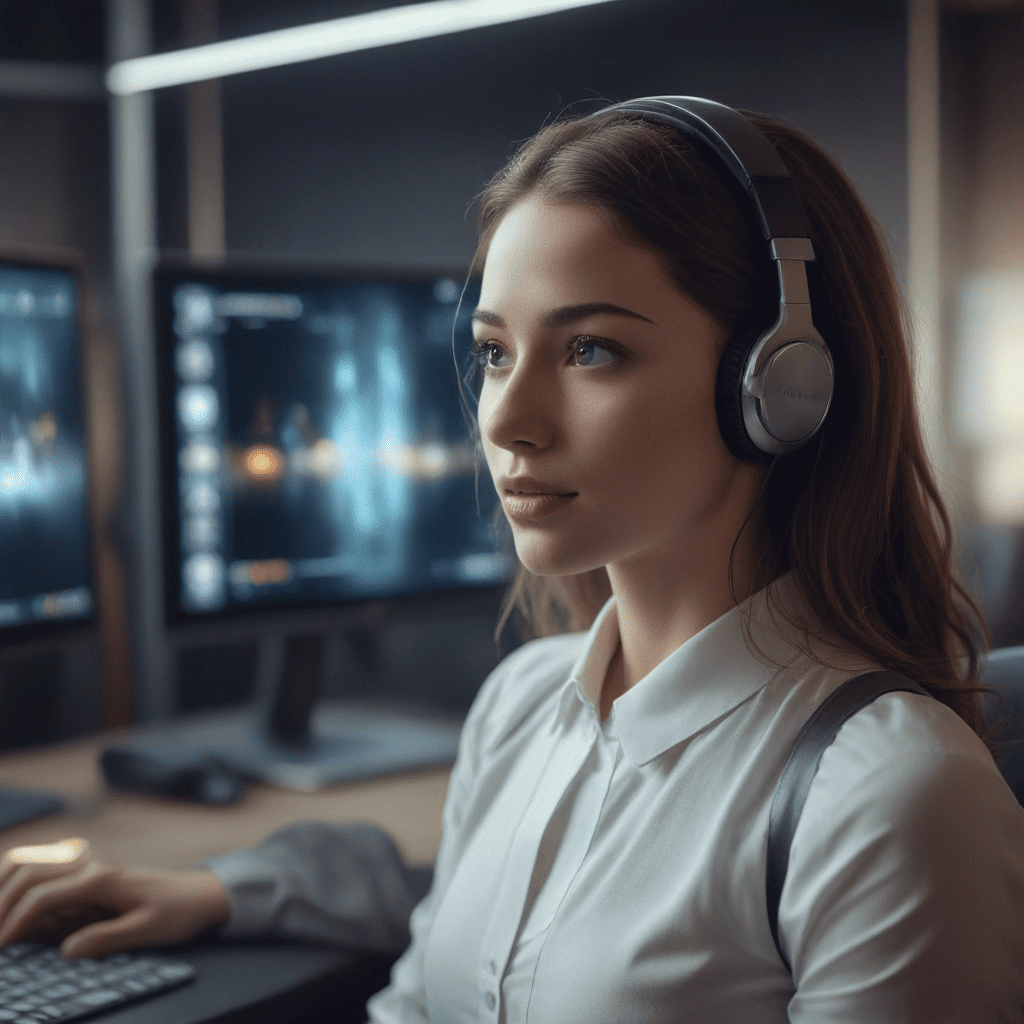Introduction: The Rise of Mixed Reality
Mixed reality (MR), a cutting-edge technology that seamlessly merges the physical and virtual worlds, is rapidly gaining popularity. MR devices, such as immersive headsets, superimpose digital content onto the user's real-world environment, creating a captivating and interactive experience. Virtual assistants, intelligent software agents, are set to play a crucial role in the evolution of MR, enhancing its functionality and user experience.
The Role of Virtual Assistants in Mixed Reality
Virtual assistants in MR serve as intelligent companions, providing a wide range of services and assistance to users. They can enhance the user experience by offering personalized recommendations, relevant information, and real-time guidance. Virtual assistants can also automate tasks, control devices, and manage schedules, freeing up users' time and allowing them to focus on more important activities.
Key Features of MR Virtual Assistants
MR virtual assistants possess unique features that distinguish them from their traditional counterparts. These include:
Spatial awareness: MR virtual assistants are aware of the user's physical environment and can interact with real-world objects, making them highly contextual and immersive.
Natural language processing (NLP): Advanced NLP capabilities enable MR virtual assistants to understand and respond to user queries in a natural and conversational manner.
Augmented vision: They can provide users with augmented information and visuals, enhancing their perception of the real world and providing valuable insights.
Applications in Various Industries
The potential applications of MR virtual assistants span a diverse range of industries. In healthcare, they can provide real-time medical information during surgeries, improve patient care, and facilitate remote consultations. In manufacturing, they can enhance assembly line processes, provide training, and troubleshoot complex machinery. Virtual assistants in retail can offer personalized shopping experiences, product demonstrations, and wayfinding assistance.
Challenges and Limitations
While MR virtual assistants offer immense potential, they also face certain challenges and limitations. Connectivity issues, computational limitations, and privacy concerns can hinder their adoption and effectiveness. Additionally, developing and training these virtual assistants requires specialized expertise and resources.
Ethical Considerations and Privacy Concerns
The use of MR virtual assistants raises ethical and privacy concerns. Data privacy and security are paramount, as these assistants collect and process sensitive user information. It is crucial to address these concerns and ensure responsible and ethical development and deployment of MR virtual assistants.
Future Trends and Advancements
The future of MR virtual assistants is promising, with advancements in technology driving innovation. As hardware becomes more powerful and NLP capabilities improve, MR virtual assistants will become even more intelligent and capable. They will seamlessly integrate with our lives, providing personalized experiences and enhancing productivity.
Impact on Workforce and Society
The widespread adoption of MR virtual assistants will have a significant impact on the workforce and society. They will automate tasks and create new job opportunities in development, design, and support. Virtual assistants will also enhance accessibility and inclusivity, empowering individuals with disabilities and bridging language barriers.
Conclusion: The Transformative Potential of MR Virtual Assistants
MR virtual assistants have the potential to transform the way we interact with technology and the world around us. They offer a unique blend of intelligence, context awareness, and personalization, making them indispensable tools in various industries and aspects of our lives. As technology continues to advance, MR virtual assistants will become even more sophisticated, shaping the future of human-computer interaction and driving innovation across multiple domains.
FAQ
What are the benefits of using MR virtual assistants?
MR virtual assistants enhance productivity, provide personalized experiences, automate tasks, offer real-time guidance, and simplify complex activities.
What industries can benefit from MR virtual assistants?
MR virtual assistants have applications in healthcare, manufacturing, retail, education, training, and more.
What are the ethical and privacy concerns associated with MR virtual assistants?
Data privacy, security, and responsible use are important considerations in the development and deployment of MR virtual assistants.
How will MR virtual assistants impact the workforce and society?
MR virtual assistants will create new job opportunities, enhance accessibility, and transform human-computer interaction in various domains.



